I wrote this article in Japanese and translated it into English using ChatGPT. I also used ChatGPT to create the English article title. I did my best to correct any translation mistakes, but please let me know if you find any errors. By the way, I did not use ChatGPT when writing the Japanese article. The entire article was written from scratch by me, Saikawa Goto.
Introduction
Movies and books covered in this article
Three takeaways from this article
- We can shed tears of emotion for the “dramatic tragedy”, but we don’t want to face the “emptiness”.
- The soldiers are fighting not against an “enemy”, but against hunger, sickness, mistrust, and despair.
- You can’t fully grasp the intensity of this work without actually watching and experiencing it.
Self-introduction article


Published Kindle books(Free on Kindle Unlimited)
“The genius Einstein: An easy-to-understand book about interesting science advances that is not too simple based on his life and discoveries: Theory of Relativity, Cosmology and Quantum Theory”
“Why is “lack of imagination” called “communication skills”?: Japanese-specific”negative” communication”
The quotes used in this article are based on notes taken at the movie theater from movies in Japanese and are not direct quotes from the foreign language original movies, even if they exist.
An Immortal Masterpiece that Makes Those Who have Never Experienced War Acutely Aware of its “Emptiness”

All We Can Touch is the “Misery” of War
There are many works, whether they are stories or documentaries that have themes related to “war”. And I have had many opportunities to watch or read such works.
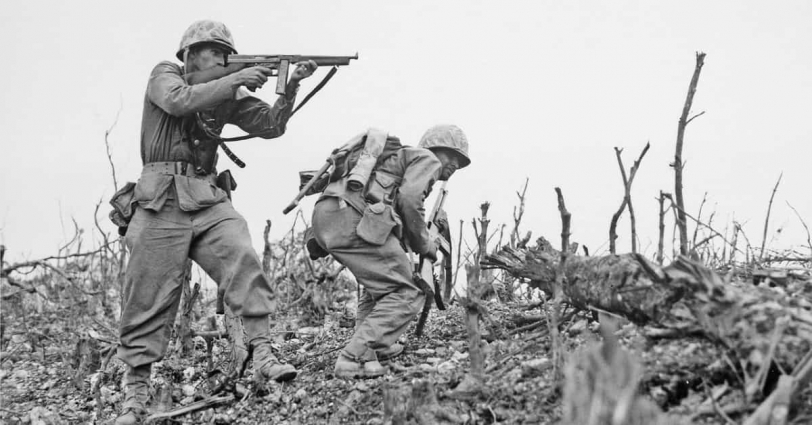
Every time you come into contact with such works, you should feel how “terrible” war is. Many people die on the battlefield, and there are various forms of death, such as atomic bombings and suicide attacks. Some were taken prisoner and forced into labor, while others are still suffering from memories that cannot be erased.
Every time you become aware of such “tragedy,” you should think that “war should never happen again.” And by sharing that “misery” with everyone, we should hope to avoid a global catastrophe.
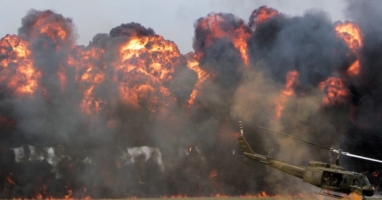
However, after watching the movie “Fires on the Plain,” I learned that there is something beyond “misery” on the battlefield. That is “emptiness.”
Of course, I think that in any work depicting war, we can find “emptiness.” Various movies, novels, and other works from past and present have also depicted the “emptiness” of war. However, when “war” is the theme, inevitably “tragedy” is also incorporated. And because the image that the latter gives to the recipient is overwhelmingly strong, it should be easier to remember.
That’s why I think we don’t have many opportunities to actually experience the “emptiness of war.”
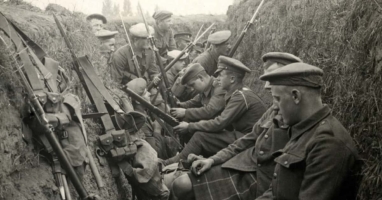
The incredible thing about the movie “Fires on the Plain” is that it is entirely made up of only “the futility of war.” I don’t think I’ve seen any other work that focuses solely on that aspect.
What is depicted in the film is “war” and not “battlefield. From the beginning, the situation that the protagonist finds himself in is terrible.
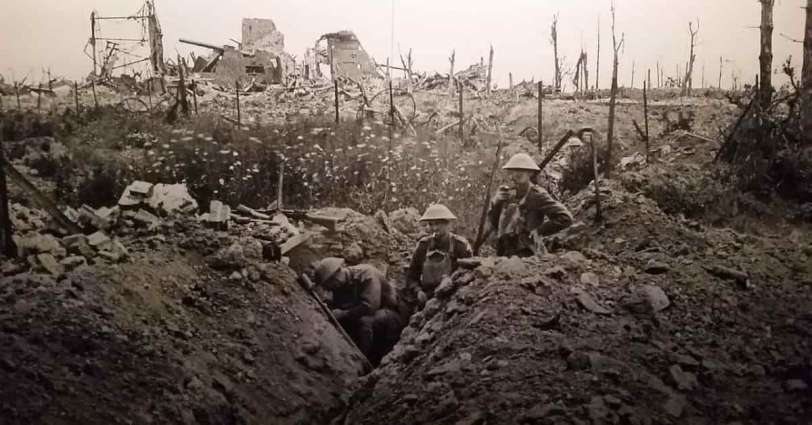
A man suffering from pneumonia is expelled from his unit. He manages to make his way to the hospital on his own, but the staff is overwhelmed with patients who are much more seriously ill than him, so he is eventually also expelled from the hospital. Although the place is recognized as a “battlefield,” all the man is doing is traveling between his unit and the field hospital while suffering from lung disease.
It is such a futile time.
Other situations that are too empty are also depicted.
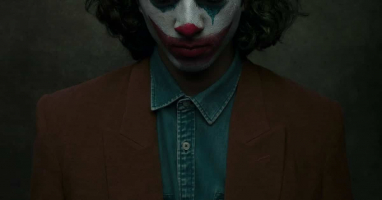
Soldiers threatening local residents to obtain food and matches.
A soldier who tries to steal the remaining sweet potatoes and is beaten up badly.
A soldier who shoots and eats “ape” to survive.
A soldier who becomes immobile and commits suicide with a hand grenade he was carrying.
A soldier who becomes like a ghost wandering aimlessly.
Do you understand the meaning of the words “war” and “battlefield” are not the same thing?
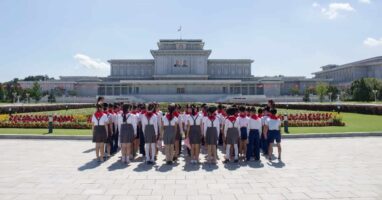
There are No “Enemies” in This “Battlefield”
That’s right, there are no “enemies” in this battlefield where soldiers face death. What they are facing are “overwhelming hunger,” “terrible unsanitary conditions,” “distrust of other humans,” and “despair that doesn’t allow even a shred of hope.” These are not opponents that can be fought with guns.
It can be said that there are no scenes in the movie where “enemies” appear. There are scenes where the unit receives gunfire from what seems to be an “enemy,” but their presence is not visible. For the soldiers, “how to overcome hunger” is a much more serious problem than the “probable existence of enemies.”
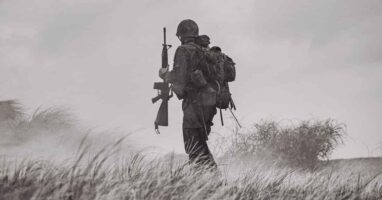
A “battlefield” where soldiers die not from gunfire but from hunger and disease. We cannot easily imagine such a “war”. However, I believe that this is the reality of war.
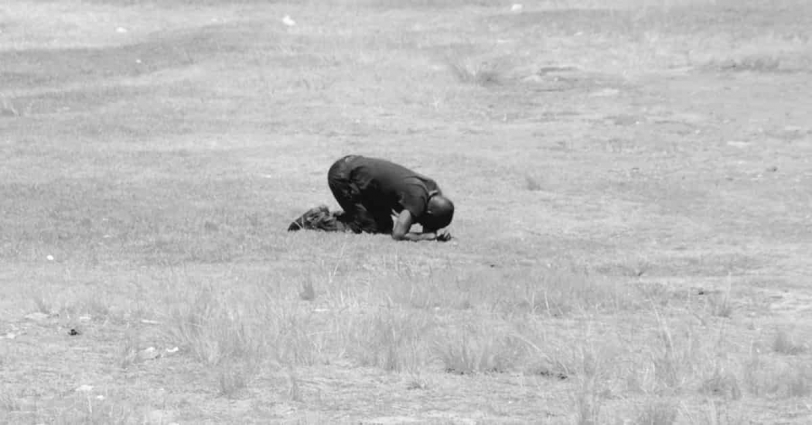
Although the expression may not be appropriate, in stories, “war” is often portrayed as a “dramatic” event. Or rather, it may be more accurate to say that “tragedy” is easier to depict in a “dramatic” way.
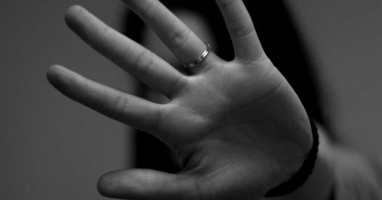
But watching the movie “Fires on the Plain”, I felt that war is definitely not like that. In short, it would mean that in the case of Youtube videos, just as the pause between conversations can be edited out to speed up the tempo, war also can be made to look “dramatic” if the “boring” parts cut out. But in reality, it is in those cut-out parts where the essence of “war” lies. And the movie “Fires on the Plain” condensed that “essence”.
Whether it is “dramatic” or not will also affect how the “tragedy” and “emptiness” are conveyed to future generations. “Tragedy” can become a story that is passed down and told to future generations precisely because it is “dramatic”. However, “emptiness” can never be “dramatic”. On the contrary, there is a possibility that we may feel like turning away from the reality. We may shed tears of emotion for “tragedy”, but we may not want to face the “emptiness”.
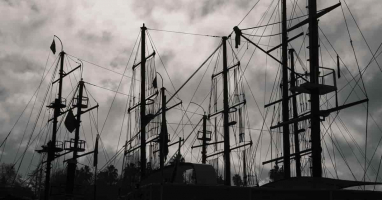
It might be the reason why “tragedy” is the only thing dealt with in stories. And those who have survived the war may not want to touch upon the “emptiness,” even if they can talk about the “tragedy.”
That’s why I feel that “Fires on the Plain” has a great value. The movie focuses on the “emptiness,” which is not often emphasized in scenes where “war” is being discussed. It would be difficult to find a work that makes use feel “I absolutely hate this situation” while placing “emptiness,” which rarely comes to the fore in situations where “war” is discussed, at its core and without relying on “dramatic tragedy.”

In a “battlefield” with no “enemies”, one dies while suffering. There is only despair in the overwhelming “emptiness” of it.
A Movie that You Can’t Just “Watch”, But have to “Experience” it
Although I am writing my impressions like this, when it comes to “Fires on the Plain”, I feel the very “emptiness” of trying to express something in words. I think there is no other way to receive this work than to actually watch it and “experience” it.
I dare you to describe it in words.

The overwhelming beauty of the jungle in the Philippines, and the emptiness of humans living in it.
The bizarre contrast of gunshots and explosions that echo in the silence, as if humans aren’t really living.
Expressions that seem to show the very face of despair, far beyond any limits.
An unpleasant feeling that even makes us smell through the screen, and an empty space where humans die easily.
A world where everything is “incorrect”, making it difficult to “live as a human” in every sense.

It’s hard to believe that such a bizarre space once existed on the same Earth.

Shall I kill you and eat you?
Or will you kill me and eat me?
Which is it?
In this world, such a conversation takes place as a matter of course. It is a situation created by the environment of “war,” but this situation does not affect the “war” itself. It is not a conversation that takes place to win the war or to survive on the battlefield. Such “normal” has long been surpassed. Like puzzle pieces that don’t fit anywhere, their existence just floats away from the world.
If it becomes a “war,” everyone has the potential to face such a situation. In this day and age, it is not possible to be okay, or to think that only you are okay. In “war,” anything cruel and meaningless can happen.

If I die, you can eat this of me.
I am someone who has never experienced war directly, but I think I understand the reality in my own way. That’s why I’ve decided that if I ever get caught up in a “war,” I will definitely try to escape. Even if it means I might be imprisoned or killed. But that’s still much better than experiencing a world like “Fires on the Plain”.
I want to keep thinking “I want to live as a human being” until the very last moment before I die. “War” makes it extremely difficult to live as a “human being.” So, for my own sake, I have decided to do everything in my power to escape from “war.”
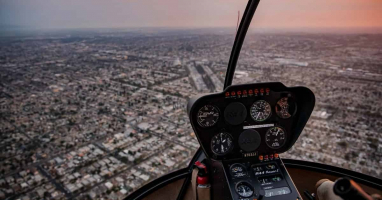
Conclusion

On the day I wrote this Japanese article, Russia invaded Ukraine. I don’t know how the situation will change, but I just hope that the situation will be resolved so that at least one less person will be harmed.
I don’t know when Japan will be involved in a “war” either. I think everyone should experience the world of “Fires on the Plain” at some point in their life.

Published Kindle books(Free on Kindle Unlimited)
“The genius Einstein: An easy-to-understand book about interesting science advances that is not too simple based on his life and discoveries: Theory of Relativity, Cosmology and Quantum Theory”
“Why is “lack of imagination” called “communication skills”?: Japanese-specific”negative” communication”







コメント